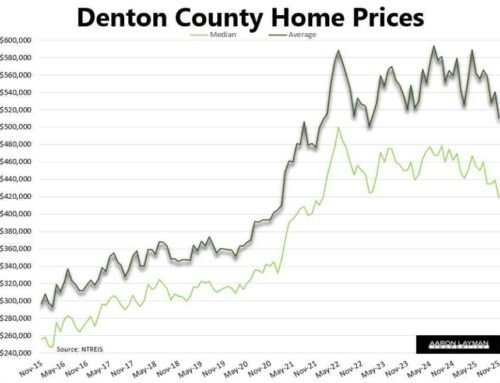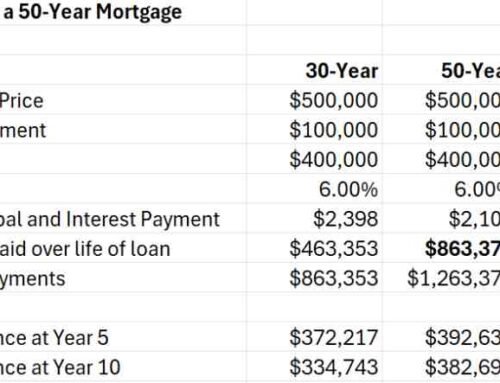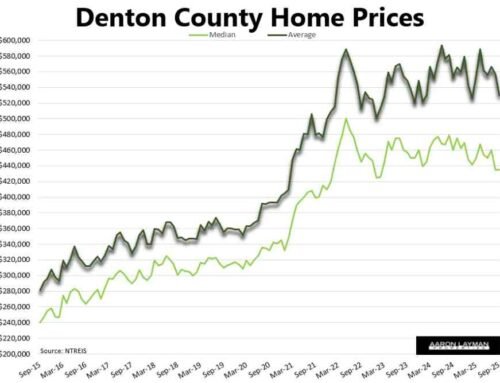The Federal Reserve on Tuesday faulted the Industrial and Commercial Bank of China Ltd for its weak anti-money laundering protections, ordering ICBC to tighten its screening of illicit money. Real estate money laundering from China into global property markets has been an ongoing theme for several years, and by all accounts the volumes of money being cleaned are still substantial.
Last month the Canadian Imperial Bank of Commerce (CIBC) introduced new guidelines to replace its “Foreign Income Program”. CIBC decided it should obtain income verification for foreign buyers gobbling up overpriced Canadian homes. Many of those foreign buyers are Chinese foreign nationals, and they have helped to drive Vancouver and Toronto property prices through the roof.
The Chinese government has been cracking down on capital outflows (aka money laundering) for the past few years, but Chinese buyers have managed to find a way around those restrictions in many cases. Even with a supposed $50,000 per year limit on cash withdrawals, Chinese still managed to purchase $40 billion in overseas housing in 2017.
I have personally been contacted by Juwai representatives on several times with offers to advertise on the Chinese real estate portal, but unlike other major real estate brokerages including Berkshire Hathaway HomeServices I’m not going to sell my soul to make a quick profit. It’s one thing to be aggressive with your marketing, but that doesn’t mean you should turn a blind eye to blatantly obvious money laundering activities.
The real estate brokerages and agents who are profiting from this are devastating communities, particularly those areas where middle-class families are being pushed out of neighborhoods as investors and speculators trade houses like a new global currency. When those “investments” turn into lemons and speculators head for the exits, some of these housing markets will be hit again with an entirely new set of problems.
The irony here of course is that the Federal Reserve, in its quest to save a corrupt banking system, printing trillions in new liquidity after the last housing bust, has been a primary facilitator along with the Peoples Bank of China. Global central banks have created over $20 trillion in new funds during the last decade to fuel speculation and juice asset prices in a quest for never-ending growth.










Leave A Comment